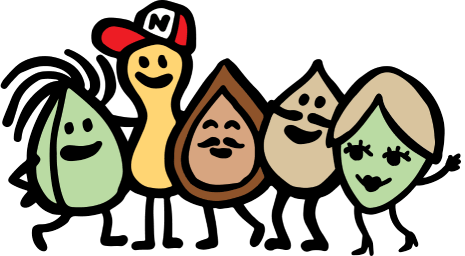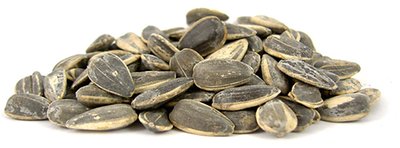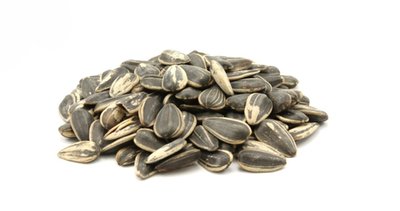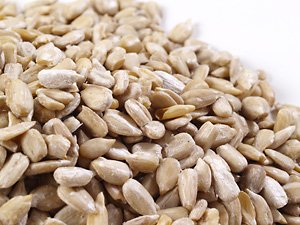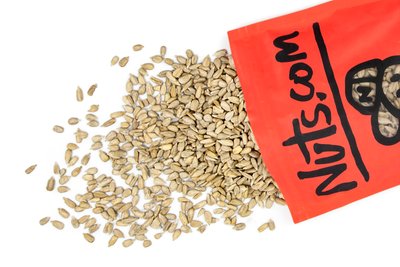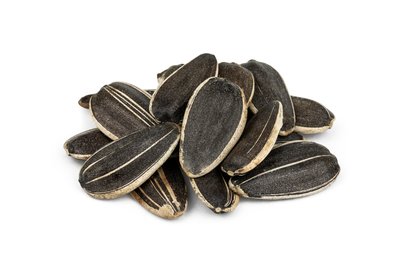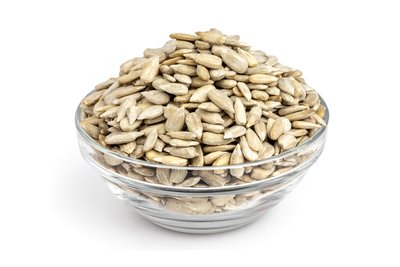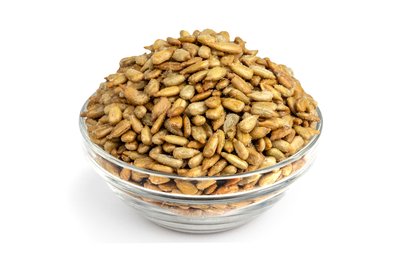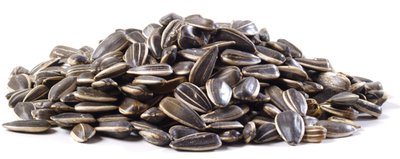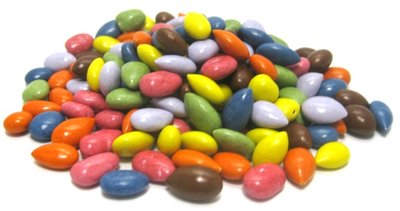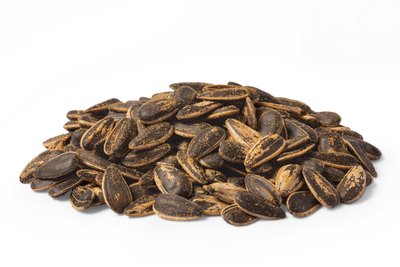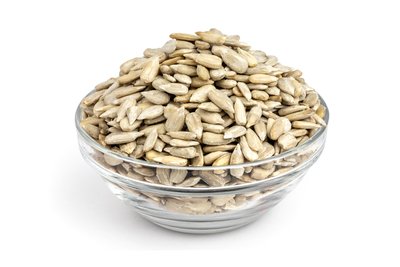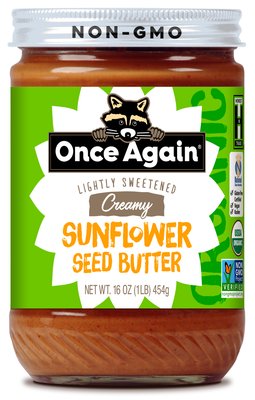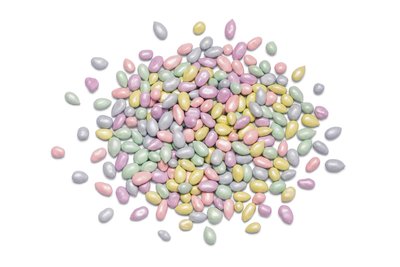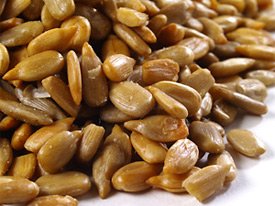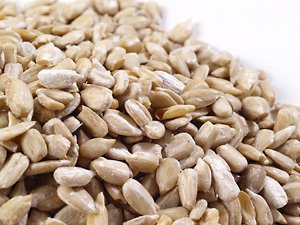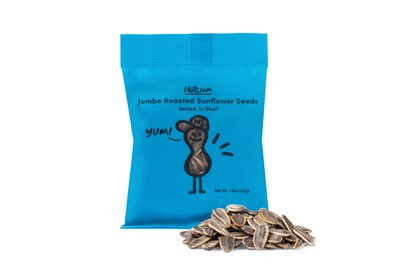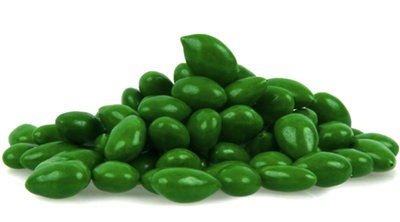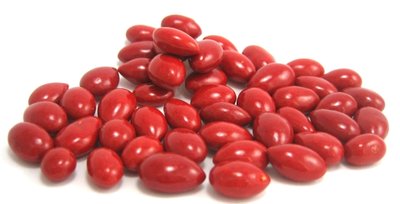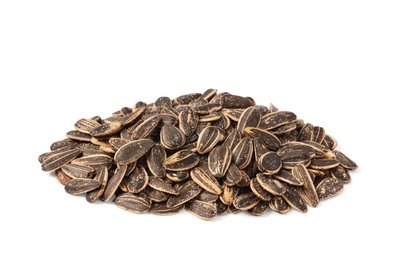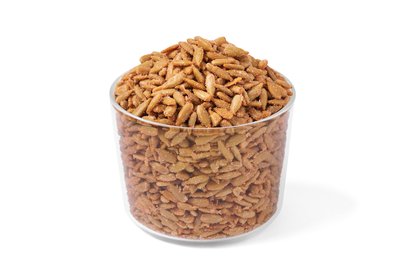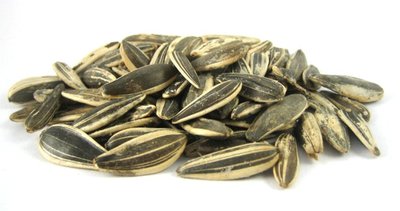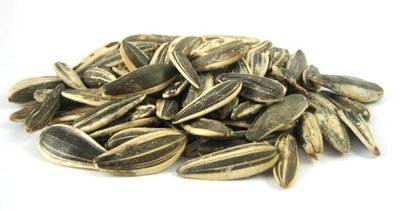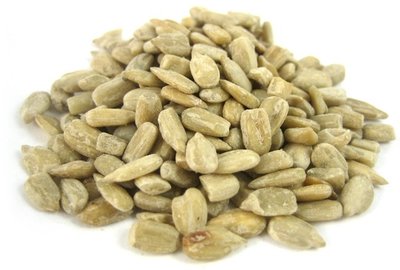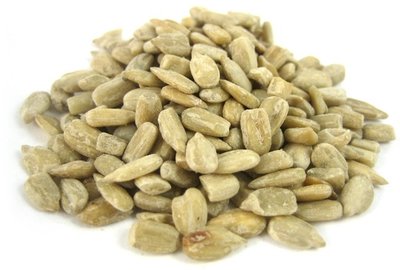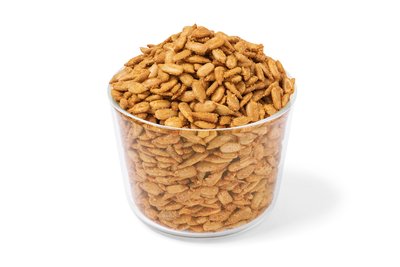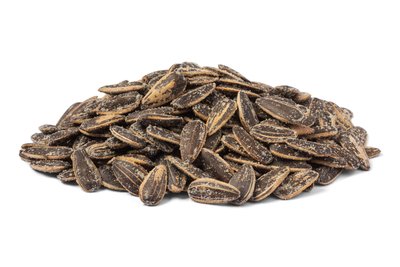Sunflower Seeds
Sort by:
Sunflower Seeds
It is commonly accepted that the sunflower originated in the Southeast region of the United States about 5000 years ago, although there is evidence to suggest that the plant was first cultivated in Mexico around 3000 BC. Despite the uncertainty, it’s undeniable that, today, sunflower seeds are enjoyed all over the world as a healthy and protein-rich snack.
How to Eat Sunflower Seeds
Dehulled (out-of-shell) sunflower seeds are delicious on salads, in trail mixes, and in baked goods, either roasted or raw. Roasted sunflower seeds have a stronger nutty flavor than raw seeds - try mixing them with quinoa, pasta, and other dishes. In-shell sunflower seeds make a healthy, tasty snack on their own!
Sunflower Seeds Nutrition
1) Lower Cholesterol: Sunflower seeds are an excellent source of phytosterols, compounds that have been linked to lowering serum cholesterol levels in humans. According to a 2005 study published in the American Journal of Agricultural and Food Chemistry, sunflower seeds contained the highest phytosterol content of any nut.
2) Protein Powerhouse: Sunflower seeds contain a healthy 6g of protein per serving, and are an excellent source of the essential amino acid, tryptophan. Tryptophan helps regulate hormone levels, relaxes the mind and brain, and reduces carbohydrate cravings.
3) The Good Fats: Sunflower seeds contain essential fatty acids like oleic and linoleic acid that help our bodies function normally. Oleic acid has been linked to lowering blood glucose levels and reducing LDL “bad” cholesterol, while linoleic acid can improve metabolism.
4) B-Vitamins: Sunflower seeds are a naturally rich source of B-complex vitamins which can help boost energy levels, promote red blood cell formation, support the nervous system, and ease anxiety.
5) Even More Vitamins & Minerals: Sunflower seeds boast a great source of vitamin E, selenium, and magnesium: Vitamin E and selenium are powerful antioxidants that protect cells from the damaging effects of oxidative stress. Magnesium supports the body’s natural detoxification processes and regulates blood sugar levels.
How are sunflower seeds harvested?
The brown center of the sunflower yields hundreds of tiny flowers that carry sunflower seeds. A sunflower will take a few months before it grows to its full size which will reach 3-16 feet upon maturation. Once the back of the sunflower heads begin to droop and turn brown, the flowers are ready to be harvested for their seeds. The harvesting process includes additional drying of the flower, as the seeds go from all-white to a black and white striped color. The large seeds are processed for human consumption, while smaller seeds are saved for birdfeed. Sunflower seeds are sold in both hulled and shelled varieties. Hulled sunflower seeds are commonly used in cooking, baking, and are tossed with salads, while in-shell seeds make a popular stadium snack.
